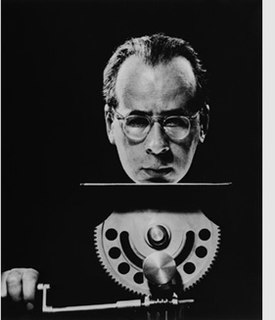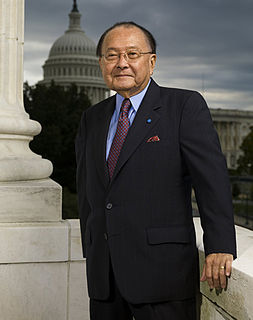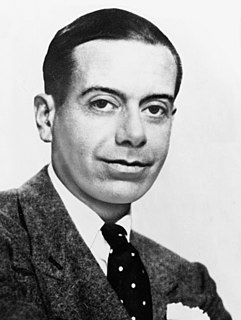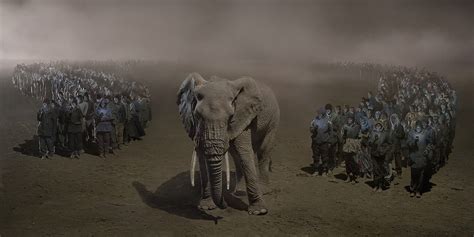A Quote by Philippe Halsman
A true portrait should, today and a hundred years from today, the Testimony of how this person looked and what kind of human being he was.
Related Quotes
Today, we have a powerful military that serves as a deterrent, but the enemy we have today is not like World War II, where you sign a piece of paper and the war is over. Today they're not in uniform. In my time we knew what the enemy looked like, we knew his weapons systems and such. Today, your cab driver may be the person, you have no idea. I don't know how we got into this fix, but we're there.
Today it is not alive. What, then, is this experience of humanism? With the above survey I have tried to show you that the experience of humanism is that — as Terence expressed it — “Nothing human is alien to me”; that nothing which exists in any human being does not exist in myself. I am the criminal and I am the saint. I am the child and I am the adult. I am the man who lived a hundred thousand years ago and I am the man who, provided we don't destroy the human race, will live hundred thousand years from now.
The portrait of a person is one of the most difficult things to do. It means you must almost bring the presence of that person photographed to other people in such a way that they don't have to know that person personally, but that they are still confronted with a human being that they won't forget. That's a portrait.
There is less pressure on abandoning native communities: what for? There is nothing to be gained by it. On one hand, there are plenty tempting opportunities of experimenting with identities - being one kind of person today and a different the next day. On the other hand, there is little pressure to include the ethnic identity or religious identity into this mechanism, because now everybody is in a kind of Diaspora today.
If a person feels terrible, it usually should not be shown or acknowledged during a greeting exchange. Instead, the unhappy person is expected to conceal negative feelings, putting on a polite smile to accompany the “Just fine, thank you, and how are you?” reply to the “How are you today?” The true feelings will probably go undetected, not because the smile is such a good mask but because in polite exchanges people rarely care how the other person actually feels.
An important documentary that sheds light on one of the most terrifying realities in the U.S. today—the commercial sexual exploitation of young girls. TRICKED is a comprehensive portrait of all the players in this human rights abuse: survivors, traffickers, johns and cops. Everyone should see this film.
If you go back back a few hundred years, what we take for granted today would seem like magic - being able to talk to people over long distances, to transmit images, flying, accessing vast amounts of data like an oracle. These are all things that would have been considered magic a few hundred years ago.


































